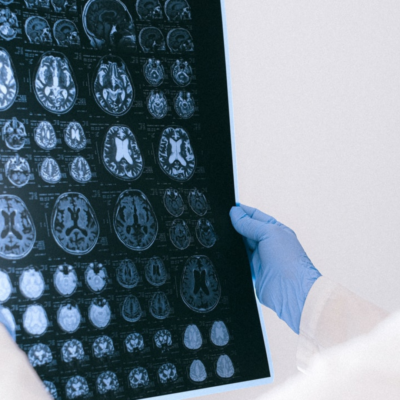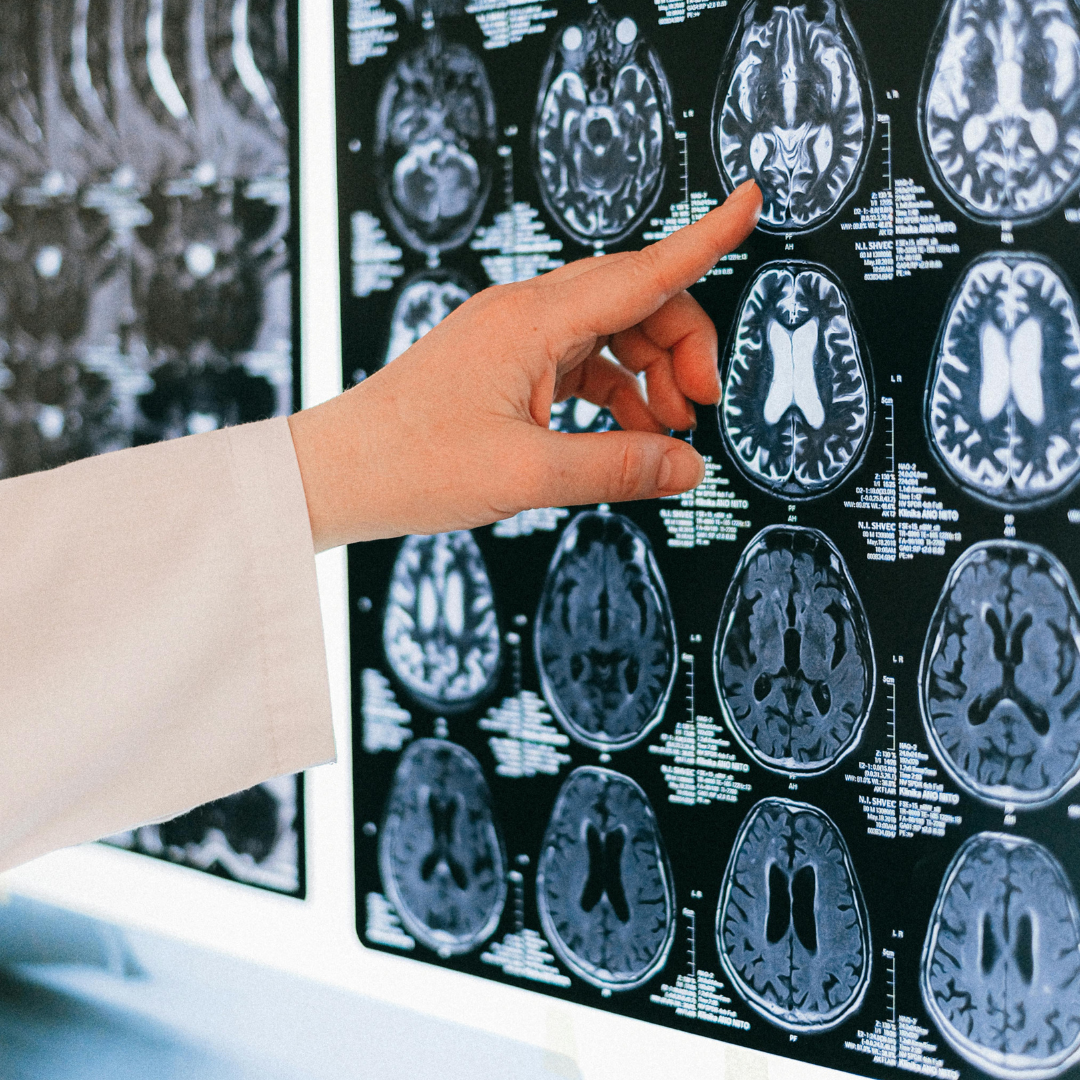The Effects of Psychotropic Drugs on the Brain

Mental health has taken a step into the spotlight over the past few years. With more people prioritizing their mental health, the stigma behind these conditions has been slowly decreasing. In 2018 The National Survey on Drug Use and Health reported that 47 million adults over 18 reported some form of mental health condition in their own lives.
People seeking help from medical professionals are often prescribed psychotropic drugs to treat a range of different mental health conditions. However, even though these medications are administered with the best intentions, they can cause serious harm to our brains. Join us today as we take a look into the effects of psychotropic drugs on the brain.
Types of Psychotropic Drugs
The term psychotropic drugs refer to numerous different types of medications. There are five major classifications, which are:
- anti-anxiety
- anti-depressant
- antipsychotics
- stimulants
- mood stabilizers
A few examples of each of these categories of drugs include:
- Diazepam (valium)
- Nortriptyline (Pamelor)
- Quetiapine (Seroquel)
- Amphetamine (Adderall)
- Lithium (Eskalith, Eskalith CR, Lithobid)
Effects of Psychotropic Drugs on The Brain
The way these medications work is by changing the chemistry in your brain by adjusting chemicals such as:
- neurotransmitters
- GABA
- serotonin
- dopamine
- norepinephrine
In different mental health conditions, an imbalance of these chemicals gives you the symptoms of a specific condition, whether it be anxiety, depression, or others. It’s essential to always speak to a medical professional if you experience adverse reactions to these medications. There are also warnings on many of these drugs, for things such as increased suicidal thoughts, dependency, addiction, and even overdose.
The brain is the most critical organ in the human body. It regulates everything from our coordination to our feelings, memories, and so much more. Without the proper balance of chemicals, our brains can hinder our ability to do the aforementioned things.
When you add outside chemicals into your body, your brain works to either produce or limit the production of chemicals to make you feel relief from your symptoms. However, introducing new substances, especially over a long period, can harm your natural state of equilibrium.
Dangers of Misuse
Many of these medications are not meant to be taken for an extended period of time. However, it is possible to form an addiction to these medications, making stopping them far more difficult. Prolonged use of these drugs can increase blood pressure, heart rate, and much more, all of which could be harmful and potentially deadly depending on the circumstances.
Misuse of these medications not only creates physical problems but mental as well. Since they can completely alter your brain’s chemistry, it can make it difficult to stop the medication and feel better.
It’s essential to understand the effects of psychotropic drugs on the brain. If you think that you have a dependency or are experiencing adverse reactions, seek medical help immediately. Prolonged exposure to these medications can seriously harm the natural chemistry of our brains.
At Serenity Springs, our team of professionals can help you break away from your addiction and begin the recovery process in a safe and uplifting environment. Call us today at (386)423-4540 to learn how we can help you on your path to recovery.




